Pat Traynor Interim Commissioner at HHS | HHS
Pat Traynor Interim Commissioner at HHS | HHS
North Dakota’s Best in Class program, which supports early childhood education for children in the year before kindergarten, is marking its fifth anniversary with expanded funding and participation. The North Dakota Health and Human Services (HHS) announced that 64 early childhood programs and 94 classrooms across the state are now part of the initiative.
The program aims to give children a strong start by investing in providers who deliver high-quality experiences. Participants receive guidance from dedicated coaches and access to professional development, which helps improve teaching practices, classroom environments, and family engagement.
Since its launch in the 2021-2022 program year, Best in Class has grown significantly. It began with 24 programs, 28 classrooms, and served 371 children. Over five years, there has been a 260% increase in the number of children served statewide.
Kay Larson, HHS early childhood director, said: “We know that quality early childhood experiences help give children a strong start. When we invest in our youngest citizens, we are investing in stronger families, a more prepared workforce and a brighter future for all.”
Programs participating in Best in Class are monitored and evaluated to ensure that investments benefit children. The program is based on over two decades of research indicating that access to quality early childhood experiences can have lasting positive effects on child development.
For the upcoming 2025-2026 program year, award amounts will range from $15,000 to $120,000 per classroom depending on factors such as enrollment numbers and operating hours. Programs must provide at least 400 hours of quality instruction over a minimum of 32 weeks to be eligible for funding. Matching funds are required; eligibility does not guarantee selection or funding.
The increase from last year’s 57 programs and 81 classrooms demonstrates ongoing commitment among North Dakota providers and families to improving early childhood education opportunities.
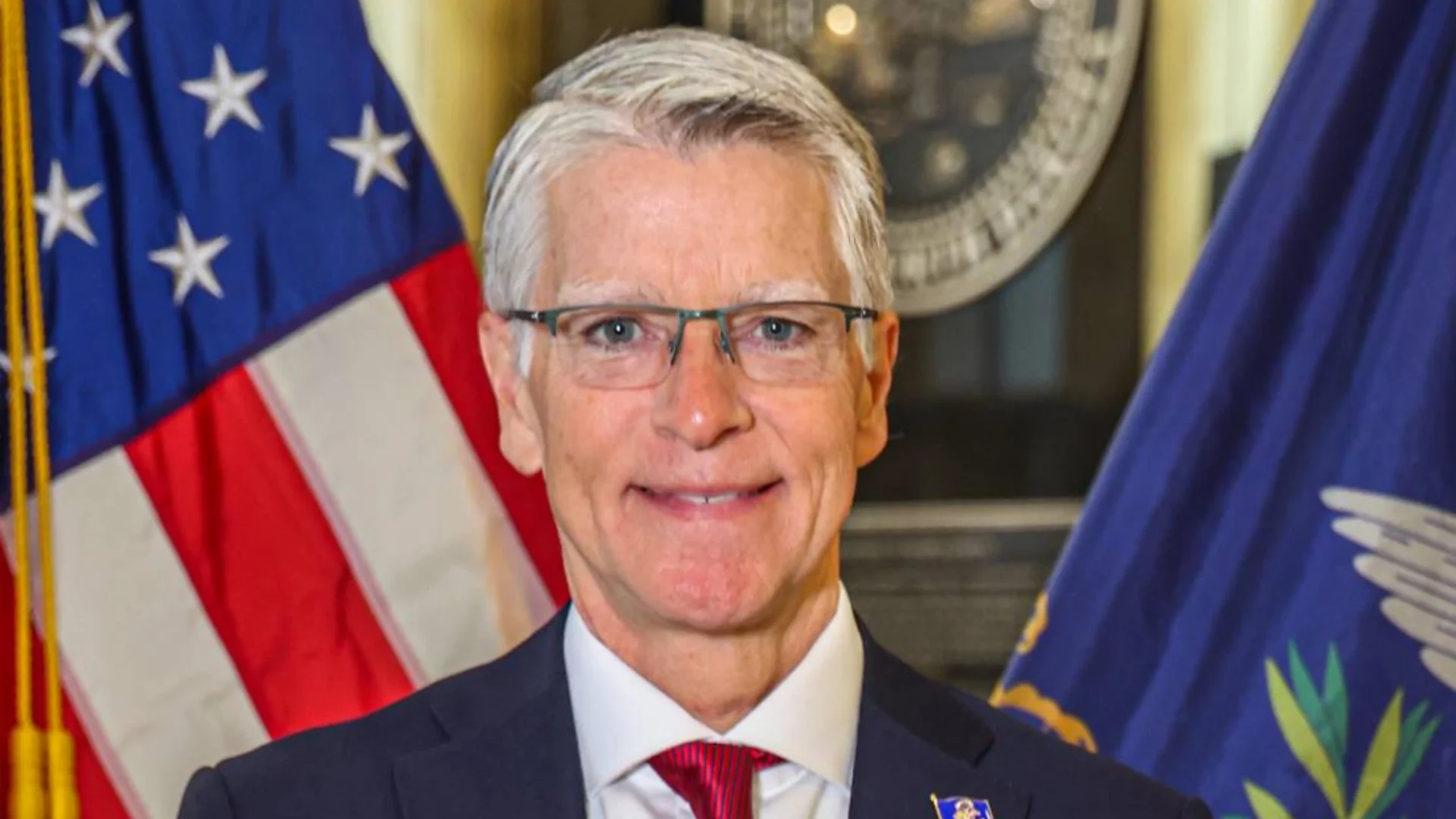
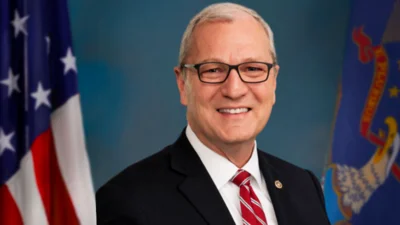

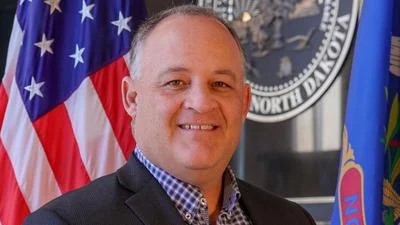
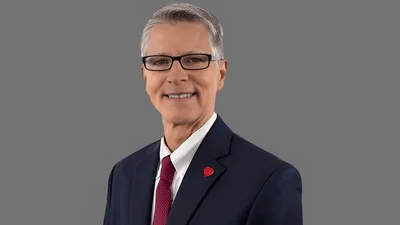
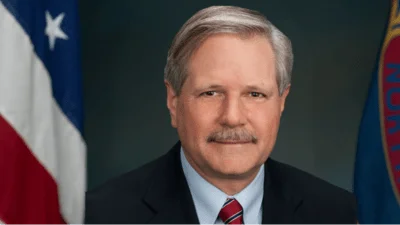
 Alerts Sign-up
Alerts Sign-up